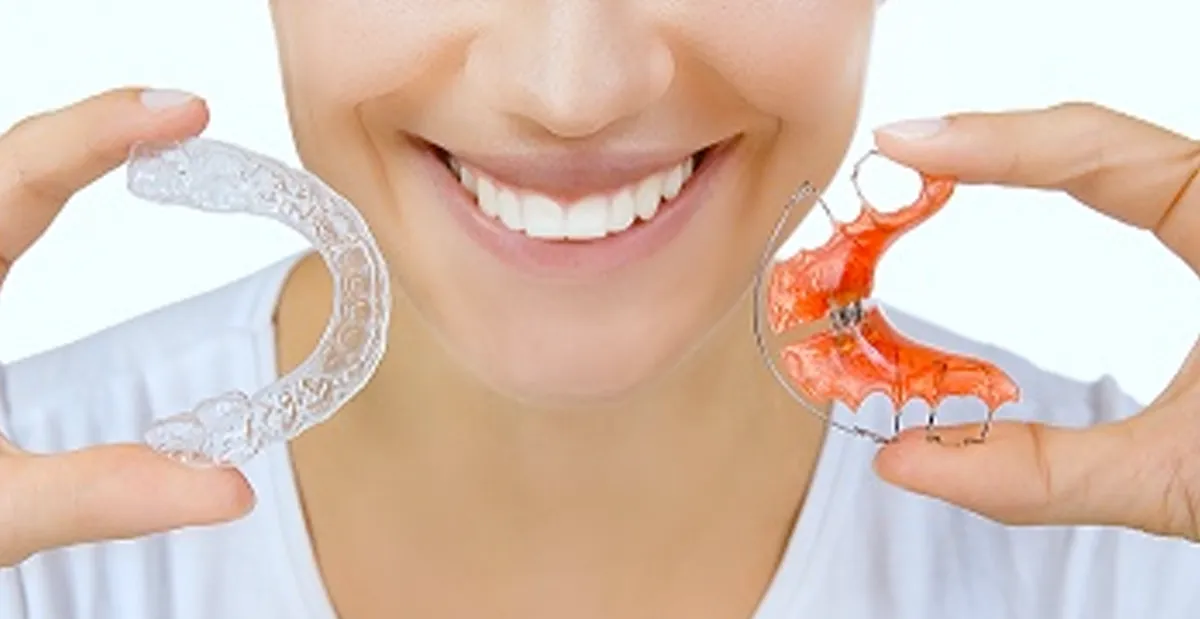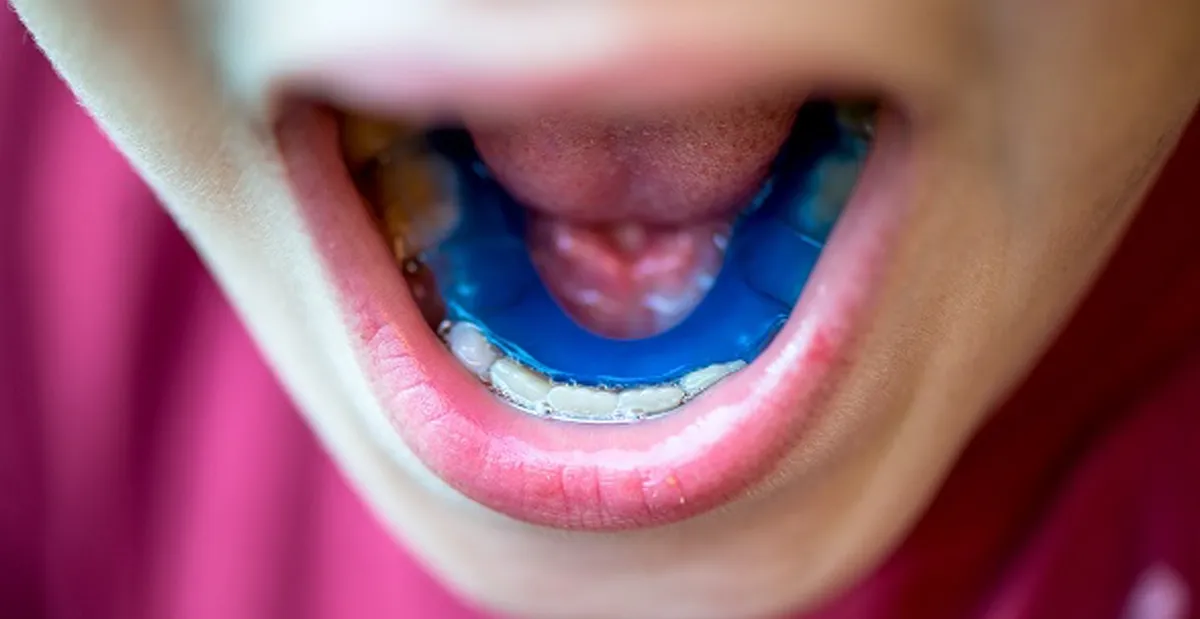Tag: teeth
-

Adult orthodontic braces: what are my options
If you are considering orthodontic braces in adulthood, you will be relieved to learn there are a number of less obvious options available than the stereotypical metal braces. Among the options: – Braces with clear brackets and wires so are barely noticeable – Clear aligners can be removed when you eat – Lingual braces are…
-

Essentials Tips on Toothbrush Care
Toothbrushes are the most common and basic tool when it comes to dental care. The following tips will help you care for them. Key takeaways: – Toothbrushes should never be shared or touch each other to prevent the transfer of bacteria – To thoroughly clean your toothbrush, rinse it well after use and soak it…
-

How to Prepare Your Child for His or Her First Dental Appointment
Children who are prepared for their first meeting with a dentist are more likely to care for their teeth and gums as they grow older. However, it is also the responsibility of the parent to make certain that this experience goes as smoothly as possible. Here are some worthwhile suggestions to keep in mind: –…
-

Achieve the smile of your dreams with cosmetic dentistry
More people are embracing cosmetic dentistry and using it to achieve the smile of their dreams. If you have something about your teeth that you would like fixed, a cosmetic dentist can help. Key takeaways: – Technology has made cosmetics dentistry procedures painless and affordable. – Cosmetic dentistry can repair broken, chipped, cracked and crooked…
-
Dental implants and stem cells: what’s the deal?
While a dental implant can replace an extracted or lost tooth, researchers are close to developing another solution. Recent research suggests stem cell technology could replace dental implants in the future. Key takeaways: – Stem cells occur naturally in the body and can be “trained” to become specific cell types– Teeth have already been ‘grown’…
-
Will a Tooth-Whitening Procedure Harm My Teeth?
Your dentist can whiten your teeth very quickly using a laser. This is an extremely convenient option and yet, some have speculated that it can cause potential damage. To prove this is not the case, let us highlight three points to remember. – The gums and other areas of the mouth are protected before the…
-
Alzheimer’s Disease and Chronic Gum Disease
Bleeding gums are often the first sign of gum disease. Long-term gum disease can lead to tooth loss and has now identified as a significant risk factor for developing Alzheimer’s Disease. Key takeaways: – Keep teeth and gums clean by brushing twice a day – Schedule regular appointments with a dentist – Avoid sugary, processed…
-
Infections and Abscesses: Know The Facts
Infections within the teeth occur when the nerves inside die or become damaged. Bacteria builds up around the affected area, which can spread and lead to an abscess. – Tooth pain or a swelling on the gum could be a sign of infection or an abscess. – In some cases, root canal treatment can be…
-

Detecting inflammation after dental implants: could chewing gum be the answer?
About 6-15% of patients who receive dental implants to replace their teeth subsequently develop bacterial inflammation. In future, these patients may be able to use a diagnostic chewing gum to detect early signs of inflammation. Key takeaways: – The diagnostic chewing gum detects bacterial inflammation, releasing a bitter taste and prompting patients to visit their…
-
When you hit eighteen, it’s time to screen
You should request annual oral cancer screening once you reach 18; screening is pain-free and can be done while your dentist is checking your teeth. Key takeaways: – Although relatively uncommon, oral cancer (cancers of the throat, tongue, lips and neck) results in over 9000 deaths each year, so screening is vital – 80% of…